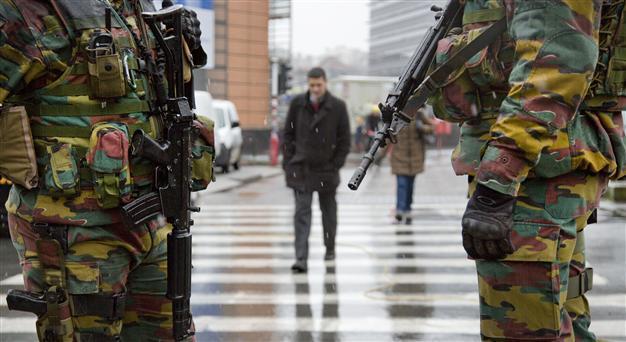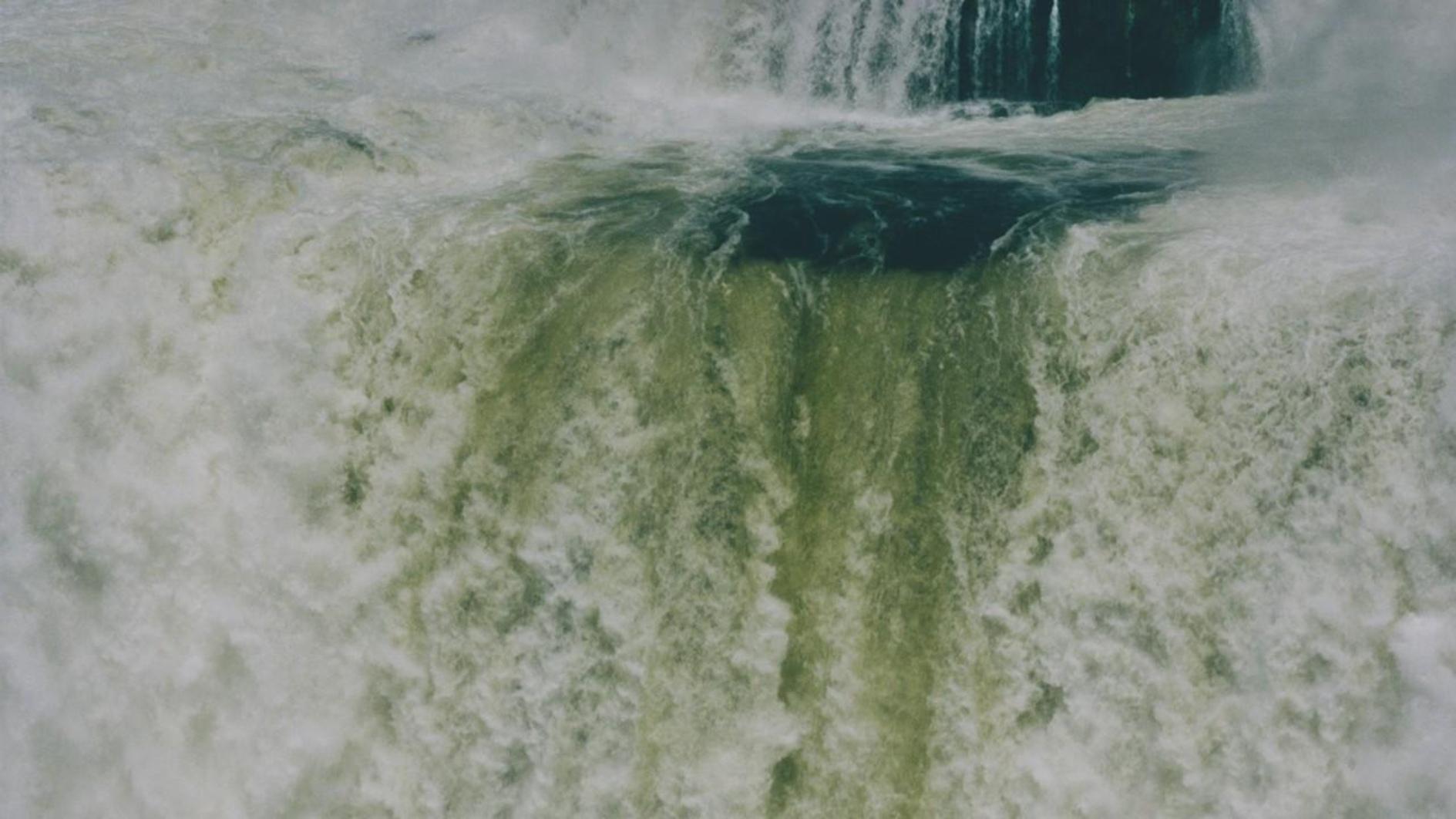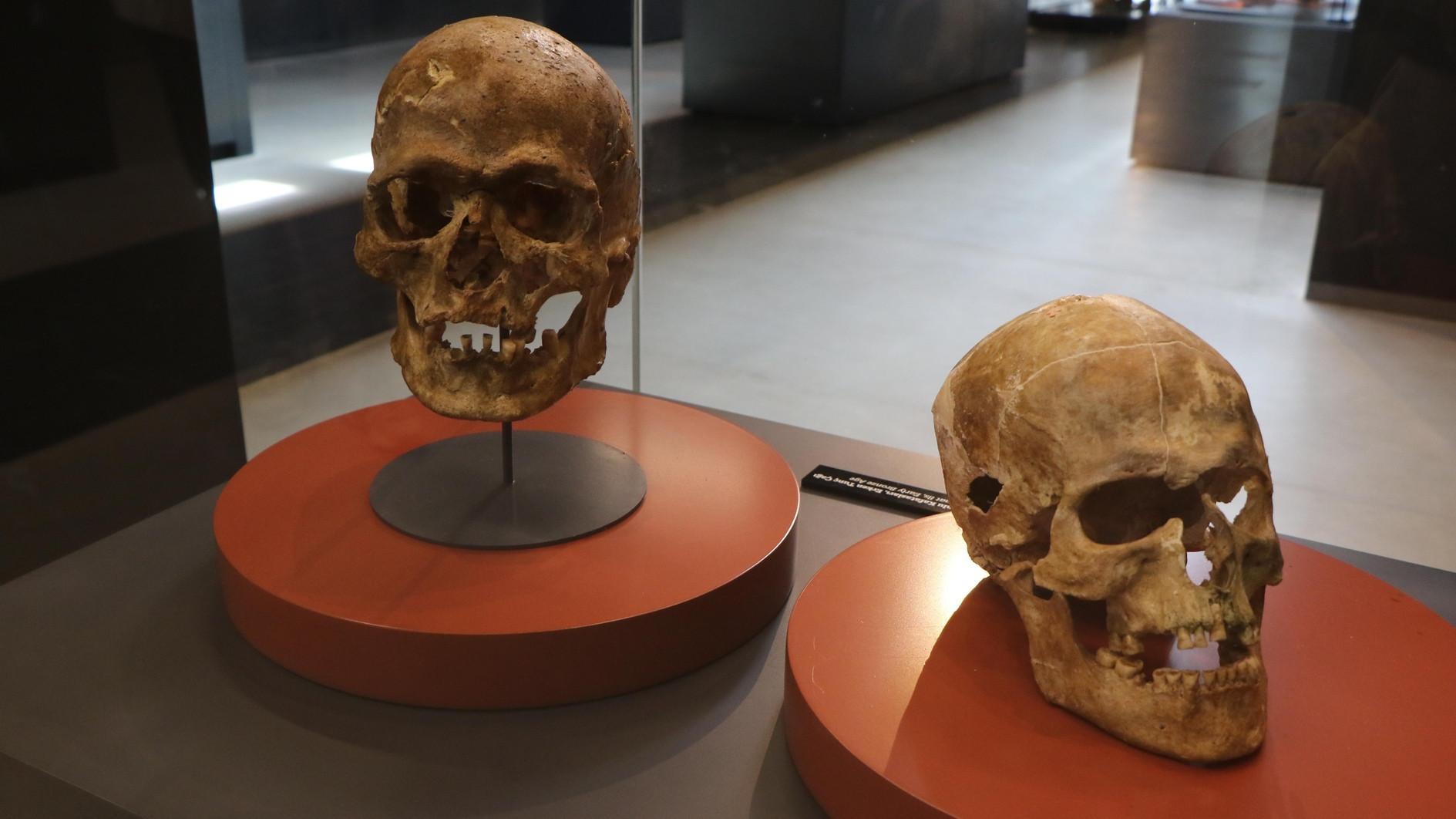France unveils raft of anti-terror measures after attacks
PARIS - Agence France-Presse

The worst attack on French soil in decades put Europe on high alert and a wave of police raids, investigations and extraditions have taken place across the jittery continent. AP Photo
France unveiled a raft of measures Jan. 21 to curb radicalisation and better monitor jihadists two weeks after an Islamist killing spree in Paris that sent shockwaves across Europe.Jitters from the worst attack on French soil in decades have spread to the country's neighbours and the European Union is also expected to reveal new counterterrorism measures on Wednesday.
In Paris, Prime Minister Manuel Valls announced more than 700 million euros ($800 million) will be spent over the next three years on "the fight against terrorism" after the January 7-9 shootings which left 17 people dead.
The attacks by known Islamists exposed weaknesses in French intelligence, and Valls said some 3,000 people with jihadist ties needed to be monitored, adding that the number of people with links to "terrorist networks" in Syria and Iraq had soared 130 percent in the past year alone.
In response, France will create 2,680 new jobs to fight extremism, just under half of them in the intelligence services.
"The number one priority, the number one requirement, is to further reinforce the human and technical resources of intelligence services," Valls said, adding that a draft law to do just that would be debated in parliament in early March.
A large part of the effort to combat extremism is fighting radicalisation, and Valls announced an extra 60 Muslim chaplains would be hired on top of the 182 who already work in jails.
Two of the Paris gunmen, Amedy Coulibaly and Cherif Kouachi, are believed to have turned to radical Islam in prison where they met.
Valls last week said prisoners linked to extremist Islam could be isolated in jail, and one jail near Paris is currently experimenting with this method.
Authorities will also boost their fight against "cyber jihadism", he said, without giving specific details.
France's worst attack in decades began on January 7 when Cherif and his brother Said Kouachi gunned down 12 people in an attack on satirical magazine Charlie Hebdo.
Coulibaly the next day shot dead a policewoman, and the day after that killed four people in a hostage drama in a Jewish supermarket. All three gunmen were killed by police in dramatic raids.
Paris prosecutor Francois Molins said four men believed to have assisted Coulibaly were charged with conspiracy to commit terrorist acts, and one of them for possession and transport of weapons.
Investigators discovered that three of the men had on several occasions visited specialist stores around Paris to "buy equipment" such as knives, a taser gun, tactical vests and pepper spray.
However a probe into the Kouachi brothers had made little headway and could take "months, even years".
The attacks have forced France to face up to its failure to integrate poorer, migrant families, with Valls saying on Tuesday that the country was plagued by "social and ethnic apartheid".
Education officials are on Wednesday due to announce plans to boost civic spirit and respect of France's highly-prized secularism in schools, after a series of incidents where pupils refused to honour tributes to attack victims and expressed support for the jihadists.
The attacks prompted a flurry of police activity across Europe with raids taking place on suspected Islamist cells in Belgium and Germany.
Greece on Tuesday ordered the extradition of a 33-year-old Algerian man with suspected links to a jihadist cell dismantled in Belgium.
And in Bulgaria, a court ruled that a Frenchman who knew two of the Paris attackers should be returned to his home country.
In Brussels, European commissioners will meet Wednesday to discuss the 28-nation bloc's new counterterrorism strategy, including changes to the region's Schengen free travel area and intelligence cooperation.
Many EU states have pushed for a US-style database of air travellers' details that would help track Islamist suspects, but the European Parliament has so far blocked the scheme saying it would breach civil liberties.
Some European nations have also been pushing for a tightening of the Schengen visa-free zone.
"They will discuss subjects including passenger name records and data retention, the functioning of the Schengen area and cooperation between security services," Commission spokesman Margaritis Schinas told a briefing ahead of Wednesday's meeting.
The fallout from the attacks has led to massive protests in Muslim countries, furious after the Charlie Hebdo magazine responded to the killing of its staff by publishing a new cartoon of the Prophet Mohammed.
Banned by Islam, the depiction of the prophet was taken as an insult to Muslims who burned French flags and threatened the country in protests in Chechnya, Afghanistan, Gaza, Iran and Pakistan. In Niger protests turned deadly as 10 people were killed and dozens of churches were torched.
Meanwhile in Washington, President Barack Obama said the US stood side by side with terror victims around the world, citing the Paris attacks in his State of the Nation address late Tuesday.
















